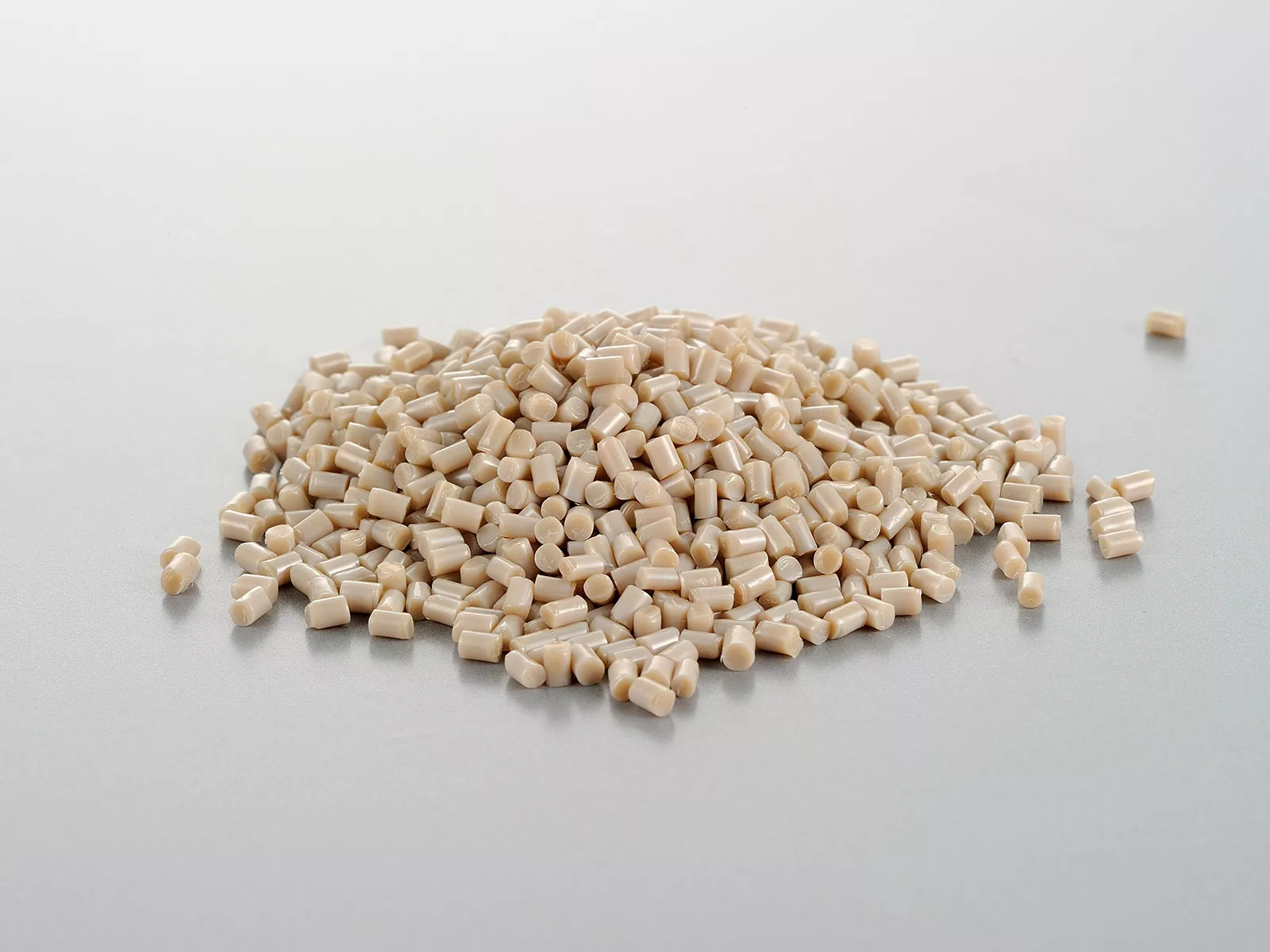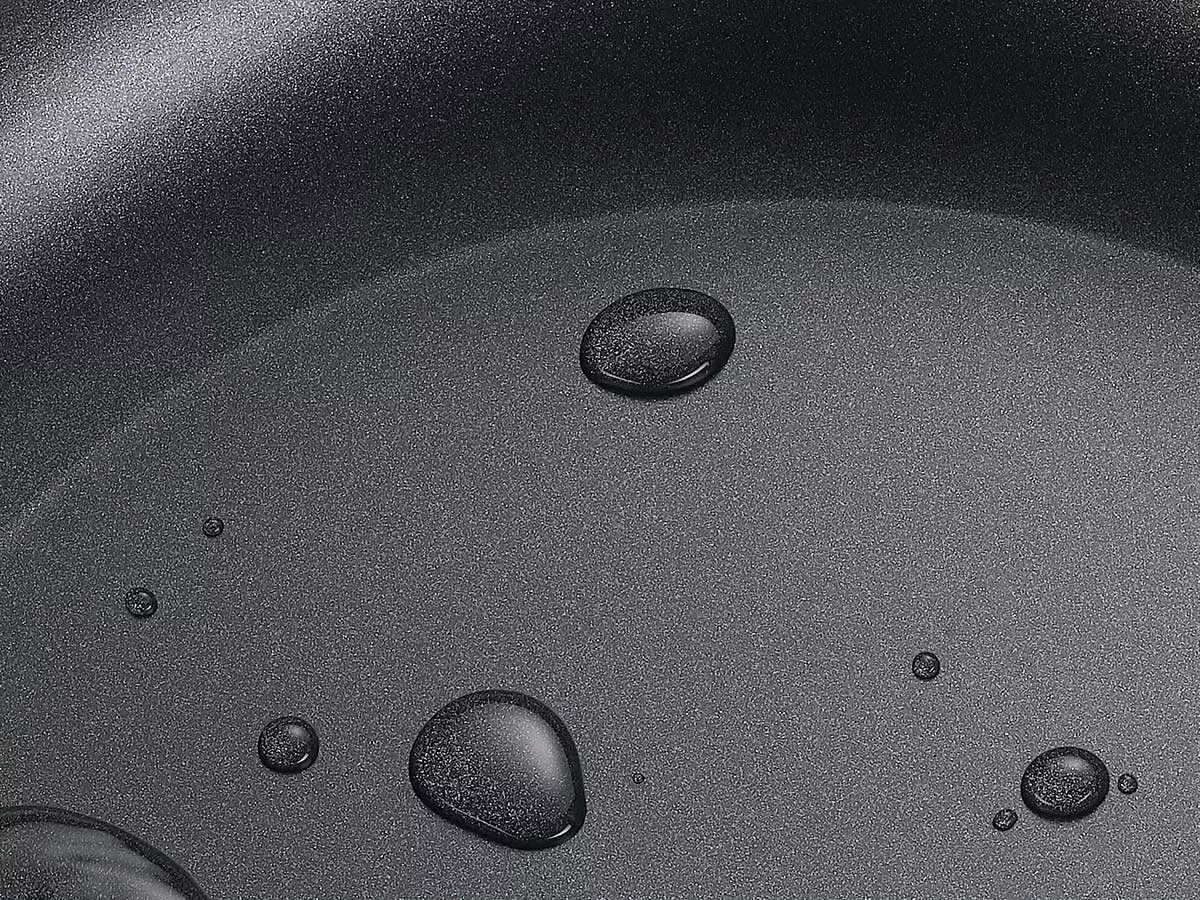Have you ever wondered about the safety of your kitchenware, especially ceramic coated cookware? It's a common concern, and rightly so. After all, the tools we use to cook our meals directly impact our health. So, let's dive into the world of ceramic coated cookware and see how safe it really is.
What is Ceramic Coated Cookware?
Before we jump into safety, let's understand what we're dealing with. Ceramic coated cookware is a popular choice in modern kitchens. It's basically metal (like aluminum) coated with a layer of ceramic. The ceramic coating gives it a non-stick surface, making it great for cooking and easy to clean.
The Safety Aspect
The biggest question is: Is it safe? The short answer is yes, but let's break it down.
- Non-Toxic: One of the primary benefits of ceramic coated cookware is its non-toxic nature. Traditional non-stick pans often contain substances like PTFE (Teflon) and PFOA, which can release harmful fumes when overheated. Ceramic cookware, on the other hand, doesn't contain these chemicals. So, no toxic fumes!
- Temperature Tolerance: Ceramic coatings can withstand high temperatures - much higher than traditional non-stick surfaces. This means less risk of overheating and releasing harmful substances.
- Easy to Clean: This might not seem like a safety feature at first glance, but it is. The non-stick surface ensures food particles and oil don't stick, reducing the chances of bacterial growth and making cleaning a breeze.
Considerations for Safe Use
While ceramic coated cookware is generally safe, how you use and maintain it can impact its safety and longevity.
- Avoid High Heat: Despite its high heat tolerance, it's wise to avoid cooking on extremely high heat. This prevents the coating from deteriorating.
- Use Proper Utensils: Avoid metal utensils, which can scratch the ceramic coating. Opt for wooden or silicone utensils to keep the surface intact.
- Hand Wash Recommended: Dishwashers can be harsh on ceramic coatings. Hand washing is gentler and can extend the life of your cookware.
- Regular Inspection: Keep an eye on the coating. If you notice chips or extensive wear, it's time to replace the cookware to avoid the risk of ceramic particles mixing into your food.
FAQs
1. What exactly is ceramic coated cookware, and how is it different from other types?
Ceramic coated cookware refers to pots and pans that are made of a metal base, such as aluminum, and then coated with a ceramic layer. This ceramic layer gives the cookware its non-stick properties, without using chemicals like PTFE (Teflon) and PFOA found in traditional non-stick pans. Compared to other types, ceramic coated cookware is often considered safer and more environmentally friendly. It's known for its smooth, non-stick surface, making it easy to cook with minimal oil and clean effortlessly. Moreover, ceramic coated cookware usually comes in a variety of colors and designs, adding aesthetic value to your kitchen.
2. Are there any health risks associated with using ceramic coated cookware?
The primary concern with non-stick cookware has historically been the release of toxic chemicals at high temperatures. However, ceramic coated cookware is generally free from chemicals like PTFE and PFOA, reducing the risk of emitting harmful fumes. It's considered a healthier alternative, especially when used correctly. However, it's important to use these pans within their recommended temperature limits and to avoid overheating. Also, if the ceramic coating starts to chip or degrade, it’s advisable to replace the cookware to prevent any potential risks.
3. How should I care for my ceramic coated cookware to ensure its longevity and safety?
Proper care is crucial for maintaining the safety and extending the life of your ceramic coated cookware. Firstly, avoid using metal utensils, as they can scratch the ceramic surface. Opt for wooden, plastic, or silicone utensils instead. While many brands claim to be dishwasher safe, hand washing is recommended to preserve the coating. Use a soft sponge and gentle dish soap. Avoid stacking your ceramic cookware without protective layers in between, as this can lead to scratches. Finally, store them in a cool, dry place to prevent any damage.
4. Can ceramic coated cookware withstand high cooking temperatures?
Ceramic coated cookware is known for its high heat resistance compared to traditional non-stick pans. It can typically withstand higher temperatures without the risk of releasing toxic fumes. However, it's still advisable to avoid cooking on extremely high heat. Excessive heat can damage the coating over time and reduce its non-stick properties. For best results and longevity, use your ceramic cookware on low to medium heat settings.
5. What are the environmental impacts of using ceramic coated cookware?
From an environmental standpoint, ceramic coated cookware offers several benefits. Since it's free from PTFE and PFOA, its production and disposal are less harmful to the environment. These pots and pans are also durable and long-lasting when cared for properly, meaning they don't need to be replaced as often, reducing waste. Additionally, the ease of cooking with less oil and the efficiency in cleaning them can also contribute to reduced water and energy usage in the kitchen. However, like any manufactured product, the environmental impact of their production and eventual disposal should be considered. Choosing cookware from brands that prioritize sustainable practices can further minimize your environmental footprint.
Conclusion
Ceramic coated cookware is a safe and healthy choice for your kitchen. It's free from harmful chemicals, easy to clean, and can handle a fair amount of heat. However, proper use and care are key to maintaining its safety and effectiveness. As a leading manufacturer in the ceramic coating industry, our commitment at Pfluon is to deliver top-tier, innovative coating solutions that transform your cooking experience. Our ceramical coating, renowned for its superior non-stick properties and exceptional durability, is meticulously crafted to elevate the efficiency and safety of your culinary adventures.





